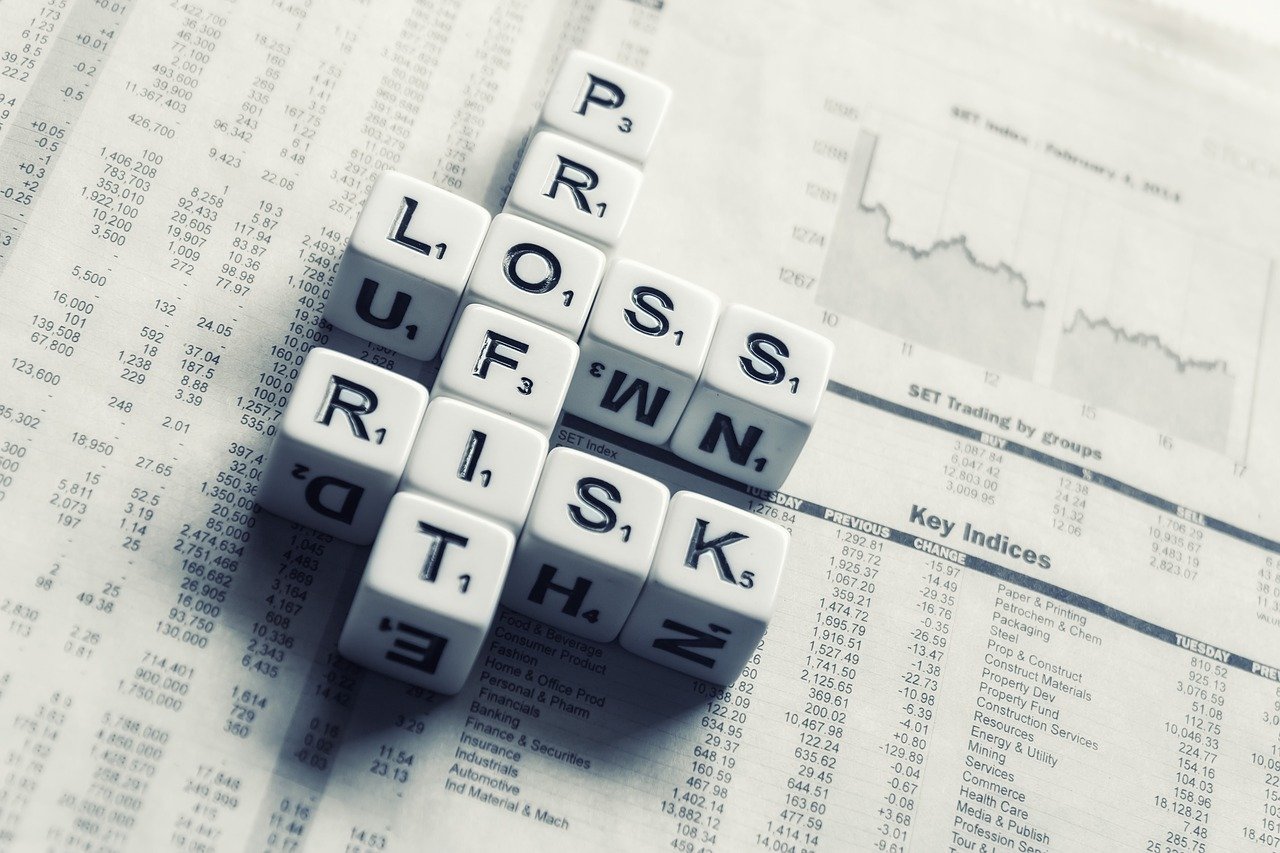Contracts for Differences, also known as CFDs, are a way to flexibly trade based on the movement of prices on products such as commodities, treasuries, currencies, and indices. Essentially you are agreeing with a third-party to pay the difference of a particular asset’s price. There are many differences in CFD trading versus traditional trading, but there are many benefits that an investor should be aware of. Here are some of the most important things to keep in mind about CFD trading.
No Physical Ownership
Unlike trading shares, you do not physically own anything when buying or selling CFDs. Essentially, they are derivatives products that enable trading on a live market without any physical goods exchanging hands. This reduces the price of trading by eliminating any costs associated with physical ownership. These fees can include stamp duty and administrative account fees.
Easy to Diversify
Investors know a diversified portfolio allows them to reduce variance when any particular market experiences a slow-down in growth or retraction. Fortunately, there are a great variety of CFDs that allow a portfolio to be diversified quite easily:
Ability to Go Short or Long
- Stock Market Indices. Stock Market Indices may be purchased as a CFD, allowing exposure to the leading indices in the world. Examples would be the Dow Jones, NASDAQ or the UK 100.
- Commodities. Commodities like corn, wheat, sugar and natural gas may be bought and sold.
- Bonds. Both short-term and long-term notes are available as CFDs.
- Currencies. Most major currencies can be traded as a CFD.
- Shares. Shares of companies are able to be traded in this fashion as well, even though the trader will not physically own a share of a particular company.
Going Long allows a trader to make money if they predict when an asset is about to rise in value. Unlike typical trading, however, there is the option to short sell if you believe a market is going to decrease in value. When selling short you earn money when an asset decreases in value and lose money as it increases. This enables savvy investors to benefit from knowledge of market trends even when the market is going to trend downward. A short sale can be quite risky, however, because unlike typical trades, a loss is not limited by an initial investment. Losses will go on as far as an asset’s value can rise, so there is a risk of infinite losses. Setting a stop-loss is critical when short-selling a CFD.
Ability to Hedge a Portfolio
Along the same lines of short selling, CFD trading also allows investors to hedge their current portfolio if they believe it is going to experience a short-term loss. By short selling against the fund you currently hold, you protect against any short-term losses and can cash-in once the market is ready to turn around. You will therefore be able to steady the losses and take advantage of only the gains when you predict the market correctly.
Limited Profits on Small Moves
When entering or exiting from a CFD, an investor has to pay the spread, essentially the difference between the market’s price and the price set by the agency selling a CFD. Essentially, a 2% spread would mean an asset would have to appreciate 2% before seeing any profits. This is the CFD’s version of the traditional transaction fee, and one way agencies facilitating CFD trades make their money. Because of this spread, even when putting forward very large investments, a small gain will not end up showing much profit.




